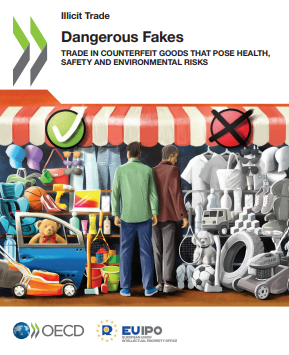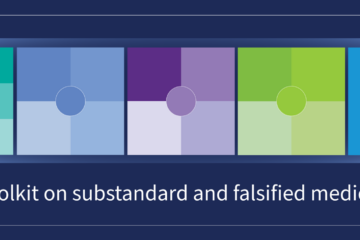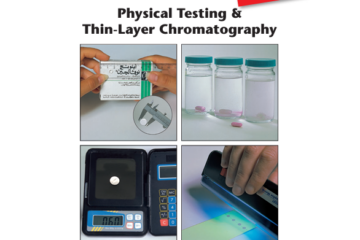Dangerous fakes - trade in counterfeit goods that pose health, safety and environmental risks
A new study, conducted by the EU’s intellectual property office (EUIPO) and the Organisation for Economic Co-operation and Development (OECD), shines the spotlight on the scourge of falsified medicines, which have consequences on people’s health, confidence in the healthcare system and even the environment.
This report gives an overview of the value of illicit trade in fake goods, assessing an international set of customs seizure and other enforcement data.
Pharmaceuticals are among those most frequently the subject of safety alerts and recalls and recorded the highest number of seizures among dangerous fakes intercepted between 2017 to 2019.
The EUIPO/OECD report highlights how “the challenges related to illicit trade in pharmaceuticals became more significant with the COVID-19 pandemic, which provided criminals that run illicit trade networks with new opportunities for profits.”
Enforcement authorities reported a sharp increase in seizures of fake and substandard medicines, test kits and personal protective equipment (PPEs), and other medical products. Criminals made huge profits from medicines like painkillers and equipment like face masks, gloves, and hand sanitizers. Furthermore, instances of fake COVID-19 vaccines have been reported, posing a severe threat to vaccination programs.
To understand and combat the risk posed by the trade in dangerous falsified and pirated goods, the report mentions that governments need up-to-date information on the magnitude, scope and trends of falsified products. This study is part of a continuous monitoring effort to support policy formulation and enforcement.
Read the full report here.



